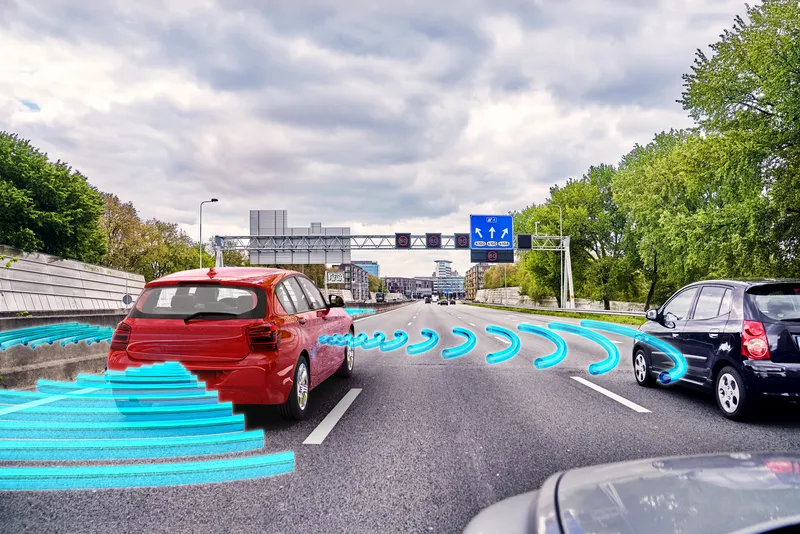Dynniq’s says its Cooperative Corridors projects drive the future of mobility: it is all about a safe, sustainable and efficient infrastructure. Showcasing cutting edge technology, such as the company’s innovative roads technology where mobility and energy solutions are combined to provide an integrated solution, Dynniq says it is leading the way in smart mobility systems.
A key factor in Dynniq’s services and solutions is data services and visitors are invited to learn how being data driven can be incorporated in many areas of ITS. The company will also be presenting on Parking as a Service, a parking solution addressing the needs of today.
Dynniq’s dedicated research team will be showing visitors a selection of projects/consortiums they participate in that make a difference in our everyday life. For instance, visitors can experience Dynniq Flow via a car and bicycle VR demo.
Stand C2-070
Dynniq to show leadership in smart mobility systems
Dynniq, which has a long- standing relationship with the city of Copenhagen, was one of the first commercial partners of the ITS World Congress Copenhagen. The company will use the event to demonstrate the very latest technology and services in mobility, parking and energy and is inviting visitors to learn about the company’s GreenFlow services: priority for trucks and cyclists, iTLC and electric parking.
Dynniq’s says its Cooperative Corridors projects drive the future of mobility: it is all about a safe
August 6, 2018
Read time: 2 mins










